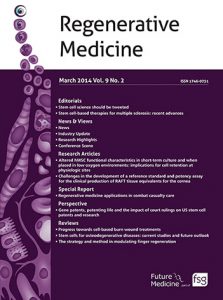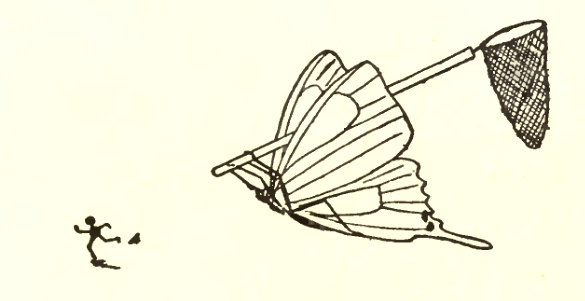
When Retraction Watch began in 2010, our co-founders Ivan Oransky and Adam Marcus quickly realized they couldn’t keep up with the hundreds of retractions that appeared each year. And the problem has only gotten worse — although we’ve added staff, the number of retractions issued each year has increased dramatically. According to our growing database, just shy of 1,000 retractions were issued last year (and that doesn’t include expressions of concern and errata). So to get new notices in front of readers more quickly, we’ve started a new feature called “Caught our Notice,” where we highlight a recent notice that stood out from the others. If you have any information about what happened, feel free to contact us at [email protected].
Title: Combined hydrogels that switch human pluripotent stem cells from self-renewal to differentiation
What caught our attention: Continue reading Caught Our Notice: Investigation finds “accidental mistakes” in PNAS stem cell paper
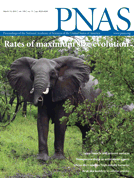


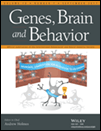
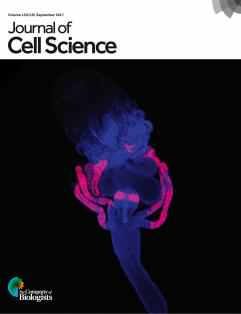 A journal has published an expression of concern (EoC) for a paper on cancer genetics in mice, over a concern about data in some gel panels.
A journal has published an expression of concern (EoC) for a paper on cancer genetics in mice, over a concern about data in some gel panels. 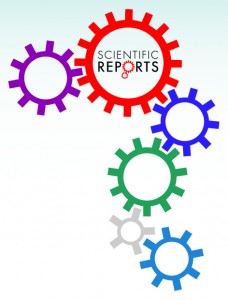 A biologist is crying foul at a journal’s decision to correct (and not retract) a paper he claims plagiarized his work — and one of his colleagues has resigned from the journal’s editorial board as a result.
A biologist is crying foul at a journal’s decision to correct (and not retract) a paper he claims plagiarized his work — and one of his colleagues has resigned from the journal’s editorial board as a result.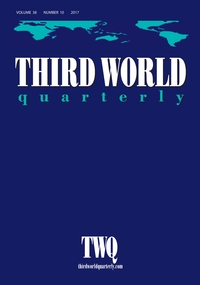 A journal has withdrawn an essay
A journal has withdrawn an essay 